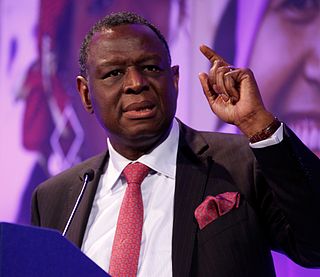A Quote by Joe Sestak
Human rights in China should absolutely play a role in broader U.S. policy toward China. When we look the other way on fundamental issues of human rights, we are also responsible.
Quote Topics
Related Quotes
For all the tough talk about China during the presidential debates, Romney and Obama evaded any mention of China's suspect human rights record, corruption, and rule of law.
By not tackling these controversial topics, the candidates are protecting a strategic partnership with China at the expense of essential human values and beliefs.
For all the tough talk about China during the presidential debates, Romney and Obama evaded any mention of China's suspect human rights record, corruption, and rule of law. By not tackling these controversial topics, the candidates are protecting a strategic partnership with China at the expense of essential human values and beliefs.
Let's not use the term democracy as a play on words which is what people commonly do, using human rights as a pretext. Those people that really violate human rights [the West] violate human rights from all perspectives. Typically on the subject of human rights regarding the nations from the south and Cuba they say, "They are not democratic societies, they do not respect human rights, and they do not respect freedom of speech".
Just as it wouldn't be right to only to have an economic dialogue with China, equally you shouldn't restrict your dialogue solely to issues around, say, human rights. You can raise all those issues, and that is what reflects a mature discussion. So I don't think essentially we have to choose between being partners in China's economic development and being proud defenders of British values.
It seems clear to me that the Obama Administration has no human rights policy. That is, while in some inchoate sense they would like respect for human rights to grow around the world, as all Americans would, they have no actual policy to achieve that goal - and they subordinate it to all their other policy goals.
I believe we should try to move away from the vocabulary and attitudes which shape the stereotyping of developed and developing country approaches to human rights issues. We are collective custodians of universal human rights standards, and any sense that we fall into camps of "accuser" and "accused" is absolutely corrosive of our joint purposes. The reality is that no group of countries has any grounds for complacency about its own human rights performance and no group of countries does itself justice by automatically slipping into the "victim" mode.
Sexual and reproductive health and rights are universal human rights!They are an indivisible part of the broader human rights and development equation. Their particular power resides in the fact that they deal with the most intimate aspects of our identities as individuals and enable human dignity, which is dependent on control of our bodies, desires and aspirations.

































